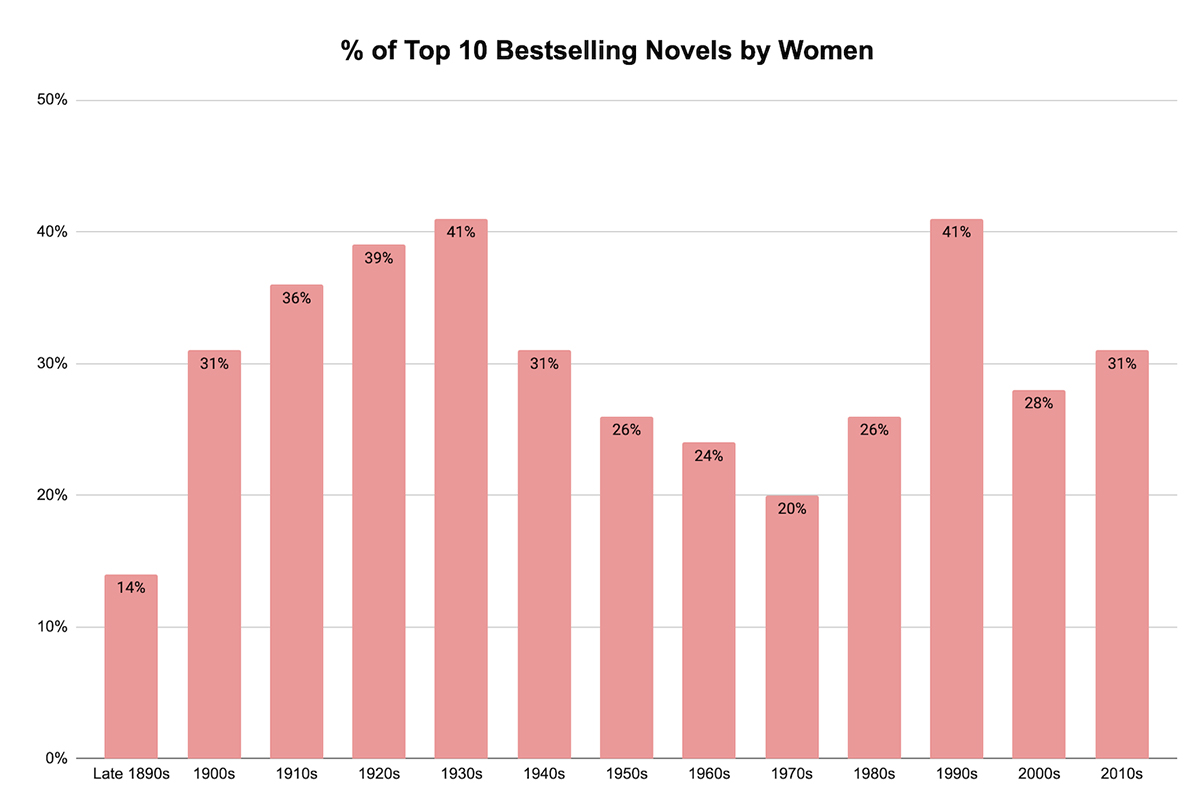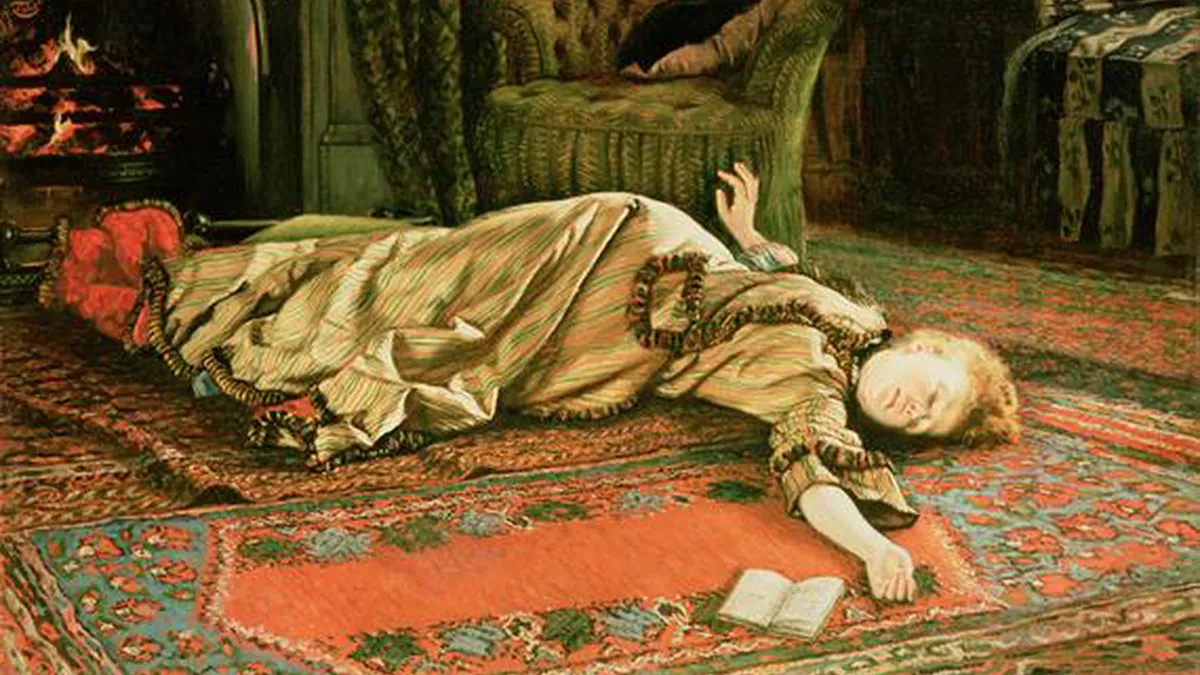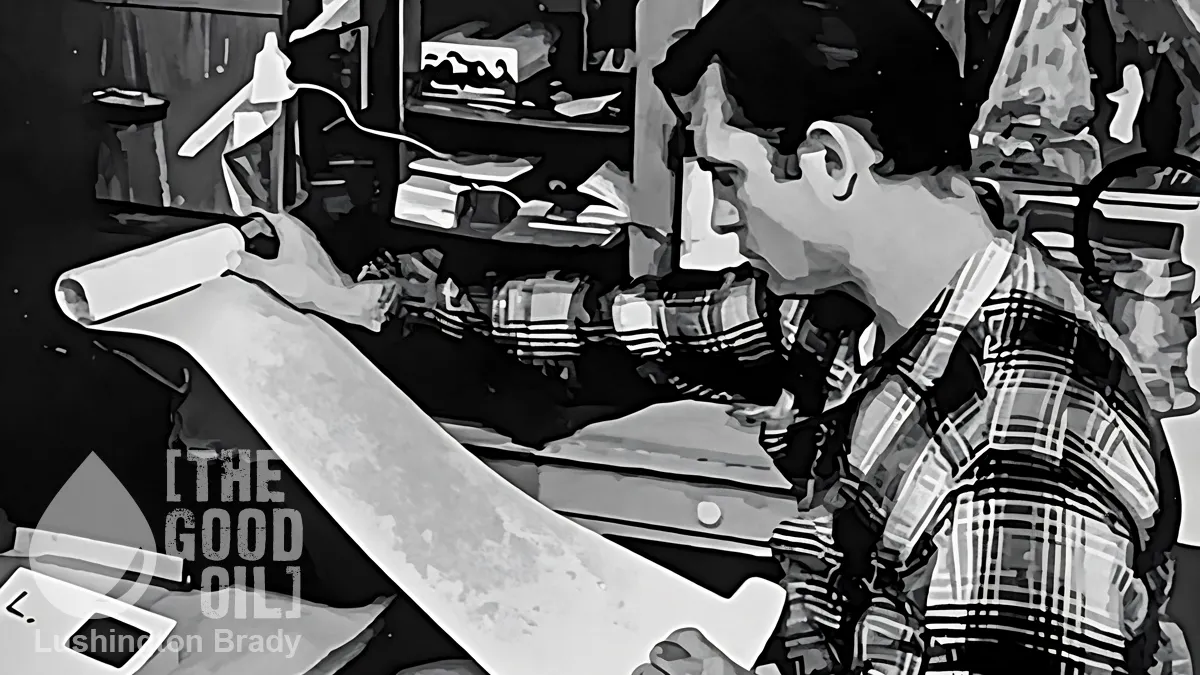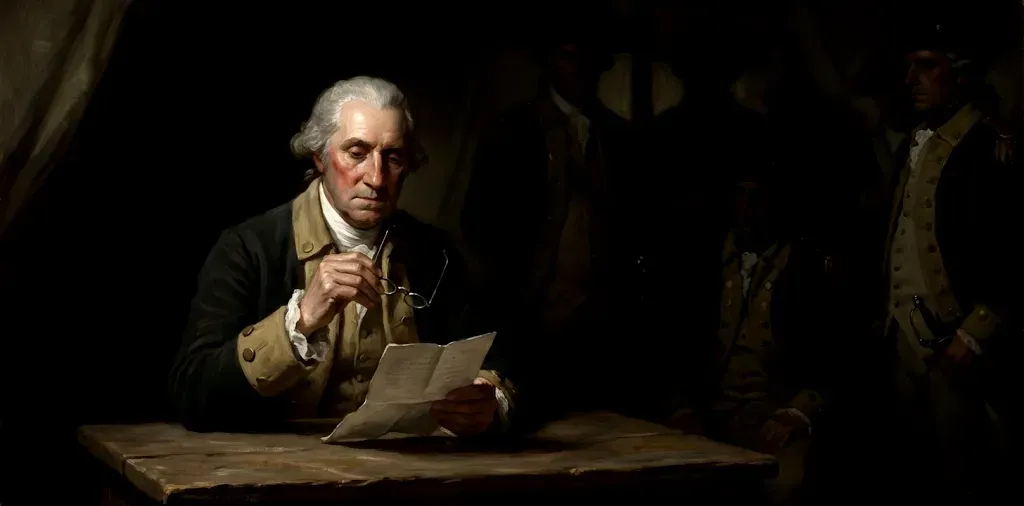Table of Contents
Is Charles Hamilton an oppressed, neglected cultural giant? After all, who reading this can name anything he wrote? His books are mostly long out of print and adaptations of his work forgotten.
Yet Hamilton’s thousands of stories were once bestsellers, adapted for radio, television, comic books and stage plays. His most famous character was described by none other than Orwell as “a real creation…famous wherever the Union Jack waves”. The character still lives a ghostly existence as a name in the popular zeitgeist, even if everything else about him and the author who made him is forgotten.
Hamilton (under the pen name Frank Richards) was the creator and author of Billy Bunter. If you’re of a certain age, you’ll probably recognise the name, if nothing else.
But Charles Hamilton was also a white male. If he were black, or female, he would be lauded by intersectional culture vultures as a genius, oppressed “Other”.
This is the excuse used when it’s noted that there aren’t that many, say, black classical composers of note. Outraged intersectionalists will pounce, dredging up some long-forgotten, slightly dusky chap in a periwig. Here, they proclaim, is the musical genius of the ages. The only reason you’ve never heard of them is becuz razisum.
The same goes for women, whether as film directors, scientists or authors.
In truth, however, women have made up a sizable fraction of professional novelists for centuries. But why then aren’t these old-time women writers more renowned today among anybody not trying to get tenure?
As Jordan Peterson pointed out, only a handful of composers make up the vast bulk of the most-played classical canon. The more churlish of us might suppose that that’s because the centuries tend to ruthlessly winnow the cultural wheat from the chaff.
So you discount the structural forces that lead to vastly more men than women appearing on our proverbial bookshelves?
In fact, women have always pulled their weight and had their share of “representation” on readers’ bookshelves.

Women have been highly successful fiction writers for several centuries.
By way of illustration, consider how colossally influential was Daniel Defoe’s 1719 adventure novel Robinson Crusoe, which inaugurated its own genre of shipwreck fiction, Robinsonade, as reflected in Swiss Family Robinson, Lord of the Flies, and The Martian. Yet, Defoe’s book went through fewer printings in the 18th century than Elizabeth Singer Rowe’s 1728 work of epistolary fiction, Friendship in Death, in Twenty Letters From the Dead to the Living.
In James Boswell’s famous 1791 biography The Life of Samuel Johnson, the critic Dr. Johnson is always complaining about how much money lady novelists make, but then confessing that he had just stayed up all night reading the latest page-turner by a woman writer. (Dr. Johnson and Edmund Burke were frequent guests at the Bluestockings salon organized by wealthy women literary intellectuals.) But people still occasionally read Boswell (just open his Life at random and see if you find it amusing), although virtually no books by women written before Jane Austen (1775–1817) are read.
These aren’t just 18th century discrepancies, either.
It’s striking that there were more top-of-the-charts women novelists in the first four decades of the 20th century than in more recent times. (Note that for some reason, Harry Potter books were excluded from these lists, depressing the 2000s’ female percentage.)
For example, the top-selling novel of 1900 was Mary Johnston’s To Have and to Hold[…]
A few of the best-selling women writers of the early 20th century are still read today, most notably Edith Wharton.
I recently read the Victorian “sensation” novel, Lady Audley’s Secret. And sensation it was – the book was a massive bestseller at the time. Today it is largely forgotten, despite being a thoroughly enjoyable read.
Yet another book published in the same year, Les Miserables, is so famous it needs no introduction.
Is it just because Victor Hugo was male? Or is there some other dynamic at work?
In general, all but a few well-paid authors, male or female, will fade into obscurity.
Still, second-wave feminists were convinced that a dastardly patriarchal plot had deliberately banished a lost canon of female greatness. The hunt was on, from the 60s, to rediscover the lost Great Books by Female Writers.
But…they turned out largely to be best-sellers, such as Mary Shelley’s Frankenstein and (until race came to rule over all) Margaret Mitchell’s Gone With the Wind (which, by the way, is an outstanding read).
Even attempts to objectively canonise the true “best that has been thought and said” doesn’t tend to come up trumps for the ladies.
Charles Murray’s 2003 book Human Accomplishment compiles objective rankings of the most eminent individuals ever in the arts and sciences by counting how many times they are mentioned in leading reference works. Women make up only 2 percent of the eminences.
Is this a fair methodology? Mostly. Scholars need to create plausible narratives of who influenced whom, so they must base their opinions largely on those of their subjects. For example, Brahms was awestruck by Beethoven, so, yes, Beethoven really is good, just like he sounds.
But there are several factors that may mitigate against women writing works which resonate down the ages.
In general, men tend to be more interested than women in greatness. You’ll notice that guys are always making up top ten lists. In contrast, how often do women get into arguments about who was the GOAT (Greatest Of All Time)?
Takimag
Another factor might be the faddishness of “women’s writing”. Consider, for instance, how many Fifty Shades novels are clogging the arteries of second-hand stores and street libraries. How many people will be re-reading the Twilight novels, 50 years hence?
It’s not that women can’t write timeless classics – Austen, the Brontes, Christie, even Enid Blyton. But, whatever the reason, while women have always sold books by the bucket-load, comparatively fewer of them have lasted the distance.
Please share this article so that others can discover The BFD









